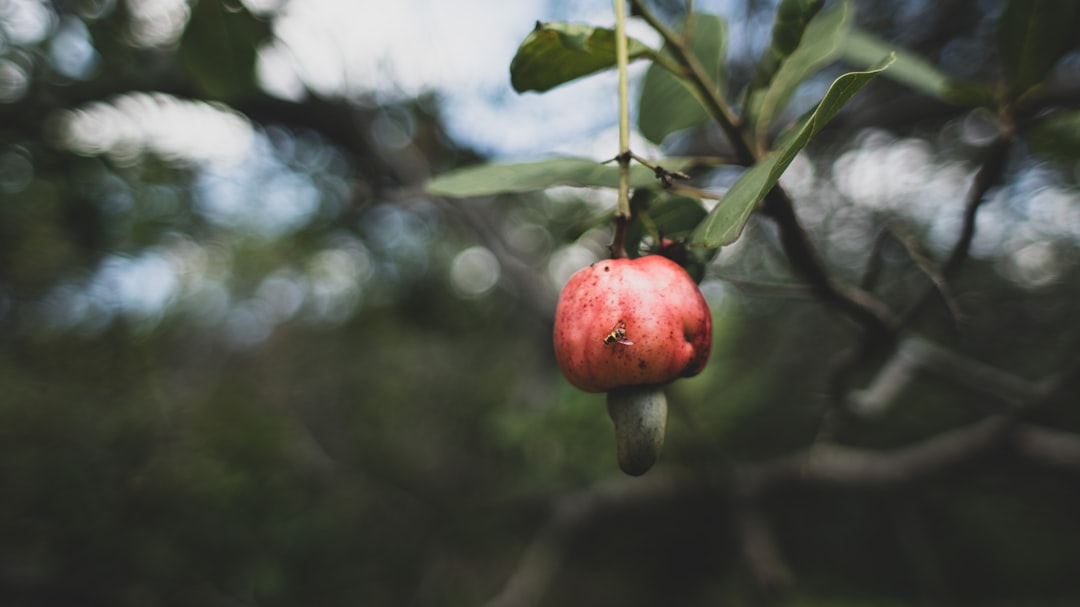What is it about?
This Research work is about the most controversial antimicrobial agent #Triclosan, which is globally used in hundreds of marketed consumer products since 40 Years. One of the well-known triclosan containing product includes #Colgate_Total_Toothpaste. The excessive use of this biocide in personal care products indicates that everybody is engaged with triclosan. While using triclosan-containing products, consumers do believe that it will keep them safe from being infected with pathogenic microorganisms. Based on our functional metagenomics based study, we find out many novel candidate genes which conferred extreme resistance to triclosan, and most of those novel resistant genes were abundant in human pathogenic bacteria. We linked our metagenomic findings to the most common 372 human pathogenic bacteria. Once we analysed the genomes of those 372 common human pathogenic bacteria, we find out that majority of those bacteria (more than 80%) carried triclosan resistance genes and efflux pumps. Only a small portion of those pathogenic bacteria was susceptible to triclosan. This in turn indicate that triclosan might not be as effective against human pathogenic bacteria as supposed to be, and the excessive use of triclosan will nourish and enrich pathogenic bacteria in the environment which will ultimately increase the risk of being infected with those germs. We also analyzed 49 different environmental metagenomic samples from various countries and geographical regions including #USA, #Australia, #China, #Hong_Kong, #Germany, #Antarctica, #Spain, #Argentina, #Finland, and #Austria. We find out that those samples or areas which were under the excessive use/excessive pressure of triclosan, carried enriched triclosan-resistant genes. Which in turn indicate that pathogenic bacteria carrying those genes may be nourished or enriched in such environments. We also analyzed the genomes of 29 most common plant pathogenic bacteria, and we find out that majority of those bacteria (more than 90%) carried triclosan resistance mechanisms. This indicates that triclosan is not only harmful to human health but to plant health as well, and the excessive use of this biocide will enrich plant pathogens in the soil and thus plants will be more susceptible to pathogenic bacteria attack. Our result is expected to affect the final decision of FDA, to ban triclosan in certain consumer products; this decision is supposed to come out by late September this year. We assume that Triclosan might be doing more harm than good not only to human and plant health but the environment as well.
Featured Image
Read the Original
This page is a summary of: Triclosan Resistome from Metagenome Reveals Diverse Enoyl Acyl Carrier Protein Reductases and Selective Enrichment of Triclosan Resistance Genes, Scientific Reports, August 2016, Nature,
DOI: 10.1038/srep32322.
You can read the full text:
Contributors
The following have contributed to this page










